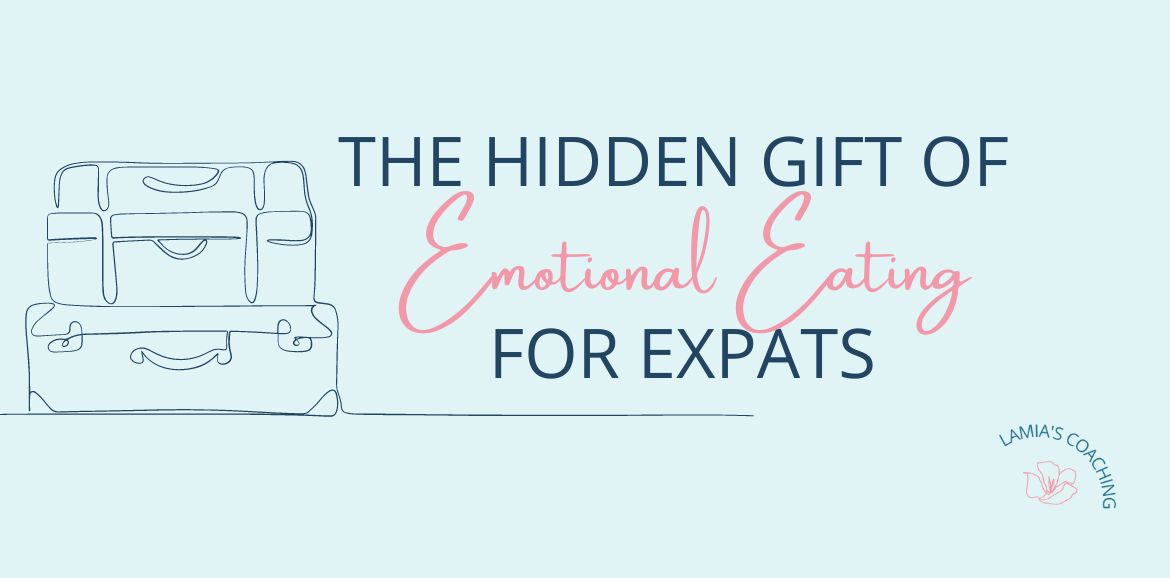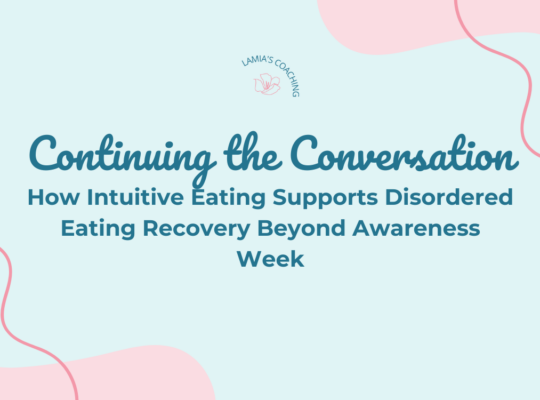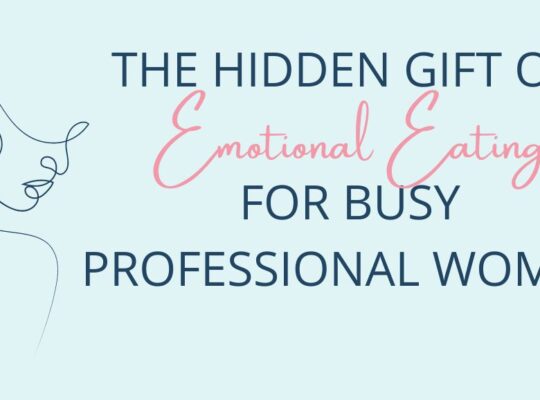Let’s talk about something that many of us experience, especially as expats adjusting to life in a new country: emotional eating. But instead of viewing emotional eating as just a problem to be solved, I want to offer a different perspective—what if emotional eating was actually a gift?
Yes, you heard me right. Emotional eating, as challenging as it can be, holds within it a powerful opportunity for self-understanding and growth. Let’s explore how we can embrace this gift and transform our relationship with food.
What is Emotional Eating?
Emotional eating is when we use food to cope with our emotions rather than to satisfy physical hunger. It’s reaching for that chocolate bar when you’re feeling lonely in a foreign city, diving into comfort foods when homesickness hits, or indulging in local pastries to soothe the stress of adapting to a new culture. It’s something many of us, especially expats, have experienced during times of transition.
Moving to a new country is an emotional whirlwind—there’s excitement, yes, but also anxiety, loneliness, and a longing for familiarity. Food, especially the familiar tastes from home or the comforting discovery of new local treats, becomes a quick way to soothe these emotions. But while it may offer temporary relief, emotional eating often leaves us feeling guilty, disconnected from our bodies, and even more isolated.
The Gift of Emotional Eating
So, how can emotional eating be a gift? The truth is, emotional eating is a signal. It’s your body and mind’s way of telling you that something deeper is going on. When we turn to food for comfort, it’s because we’re trying to soothe an unmet emotional need. And this is where the gift lies—emotional eating gives us the opportunity to pause, reflect, and understand what our true needs are.
My Journey with Emotional Eating
I’ve walked this path myself. When I first moved from Tunisia to France, the cultural shift was overwhelming. I felt lonely, stressed, and out of place. And so, I turned to food—those delicious French pastries and rich chocolates—they became my comfort. They reminded me of home, of security, of something familiar in a world that felt anything but.
But over time, I realized that my emotional eating was more than just a habit. It was a signal that I was missing something deeper—a connection to myself, a need for rest, and a desire for balance. My journey into intuitive eating played a significant role in this shift. It helped me tune into my body’s signals, understand my true needs, and ultimately see my emotional eating not as a failure, but as an invitation to understand myself better.
How to Embrace the Gift of Emotional Eating
If you find yourself struggling with emotional eating, I want to invite you to embrace it as an opportunity for growth. Here’s how you can start:
- Listen to the Signal: The next time you reach for food when you’re not physically hungry, pause. Ask yourself, “What am I really feeling right now? What do I need that I’m not getting?” This simple act of reflection can open the door to deeper self-understanding.
- Identify the Emotion: Emotional eating is often linked to specific emotions—stress, loneliness, boredom, or sadness. Take a moment to identify what you’re feeling. Naming the emotion is the first step toward addressing it in a healthier way.
- Find the True Need: Once you’ve identified the emotion, ask yourself, “What do I really need right now?” It might be rest, connection, comfort, or a sense of control. Recognizing the true need behind your emotional eating is key to finding more nourishing ways to meet that need.
- Explore Alternative Coping Strategies: Instead of turning to food, experiment with other ways to soothe yourself. For me, taking long walks in a new city, journaling my thoughts, or engaging in creative activities like coloring mandalas helped me connect with myself without relying on food.
- Practice Self-Compassion: Remember, emotional eating is not a sign of weakness or failure. It’s a normal response to emotional distress, and it’s something we all experience. Be kind to yourself as you navigate this journey. The goal is not perfection, but progress and self-discovery.
Emotional Eating as a Path to Self-Understanding
The beauty of emotional eating is that it’s a doorway to understanding ourselves on a deeper level. As expats, we face unique challenges—cultural adjustments, isolation, homesickness—and it’s natural to seek comfort in food. But by embracing emotional eating as a gift, we can uncover the emotional needs that lie beneath and find healthier, more fulfilling ways to meet them.
So, the next time you find yourself reaching for that comfort food, remember—it’s not just about the food. It’s about what your body and mind are trying to tell you. Take a moment to listen, reflect, and connect with your true self.
Join the Conversation
I’d love to hear your thoughts and experiences on this topic. Have you found the gift in your emotional eating? How has it helped you understand yourself better? Share your journey in the comments below or reach out to me on social media. And if you’re looking for more support, check out our blog on The Hidden Gift of Emotional Eating for Busy Professional Women, where we explore similar themes in the context of balancing a demanding career and personal life.
Remember, emotional eating is not your enemy—it’s your guide.
About the Author

I am Lamia, a non-diet coach and certified intuitive eating counselor specializing in helping busy professional women find food freedom and build trust in themselves. With a focus on CBT, intuitive eating coaching, I empowers women to transform their relationship with food and live more meaningful, joyful lives.





